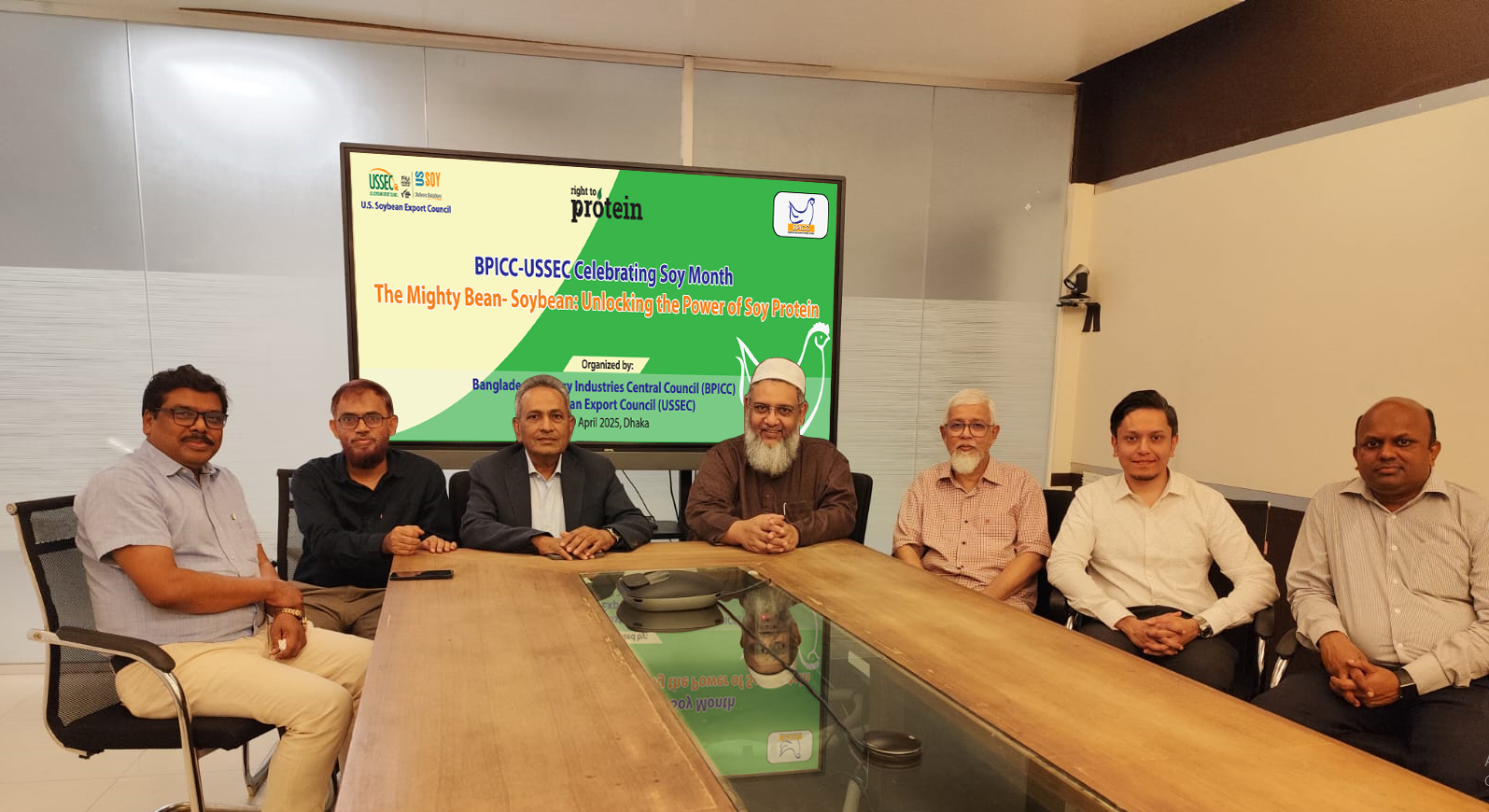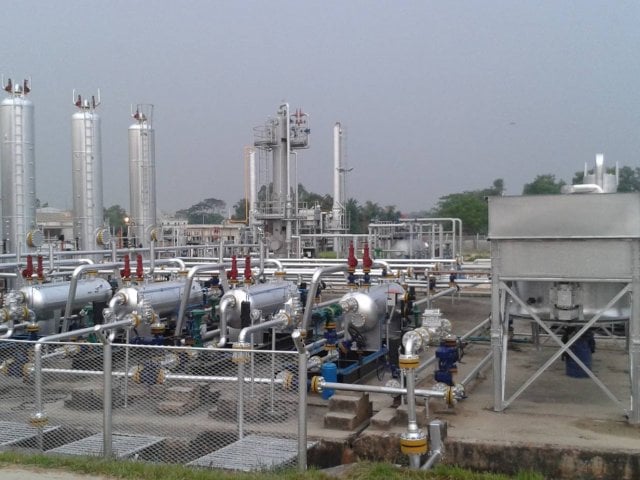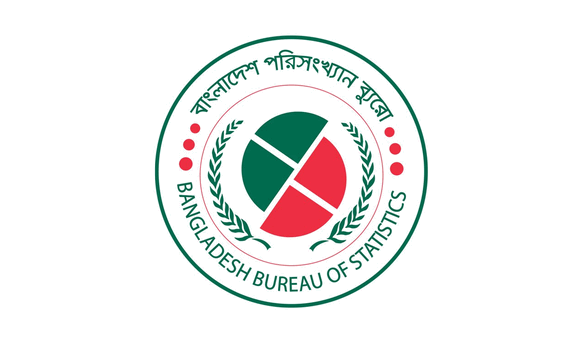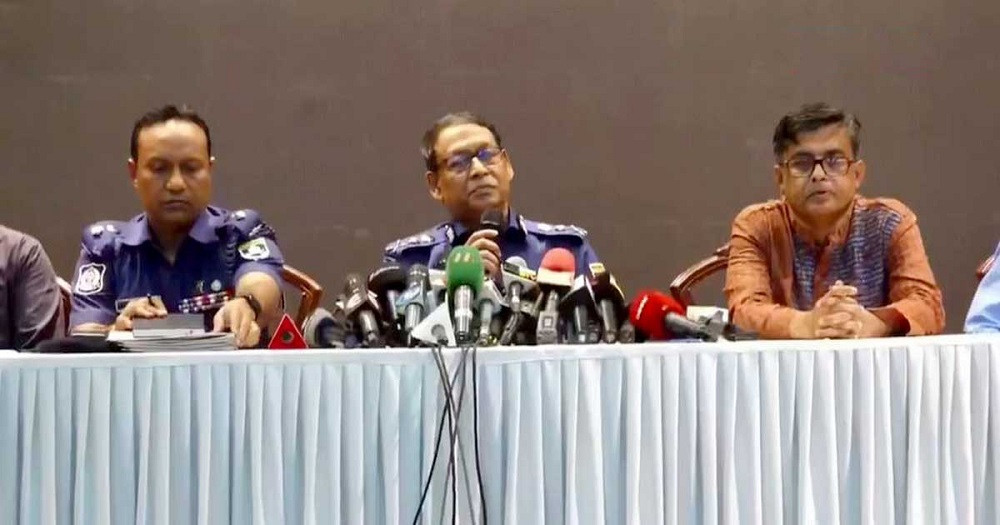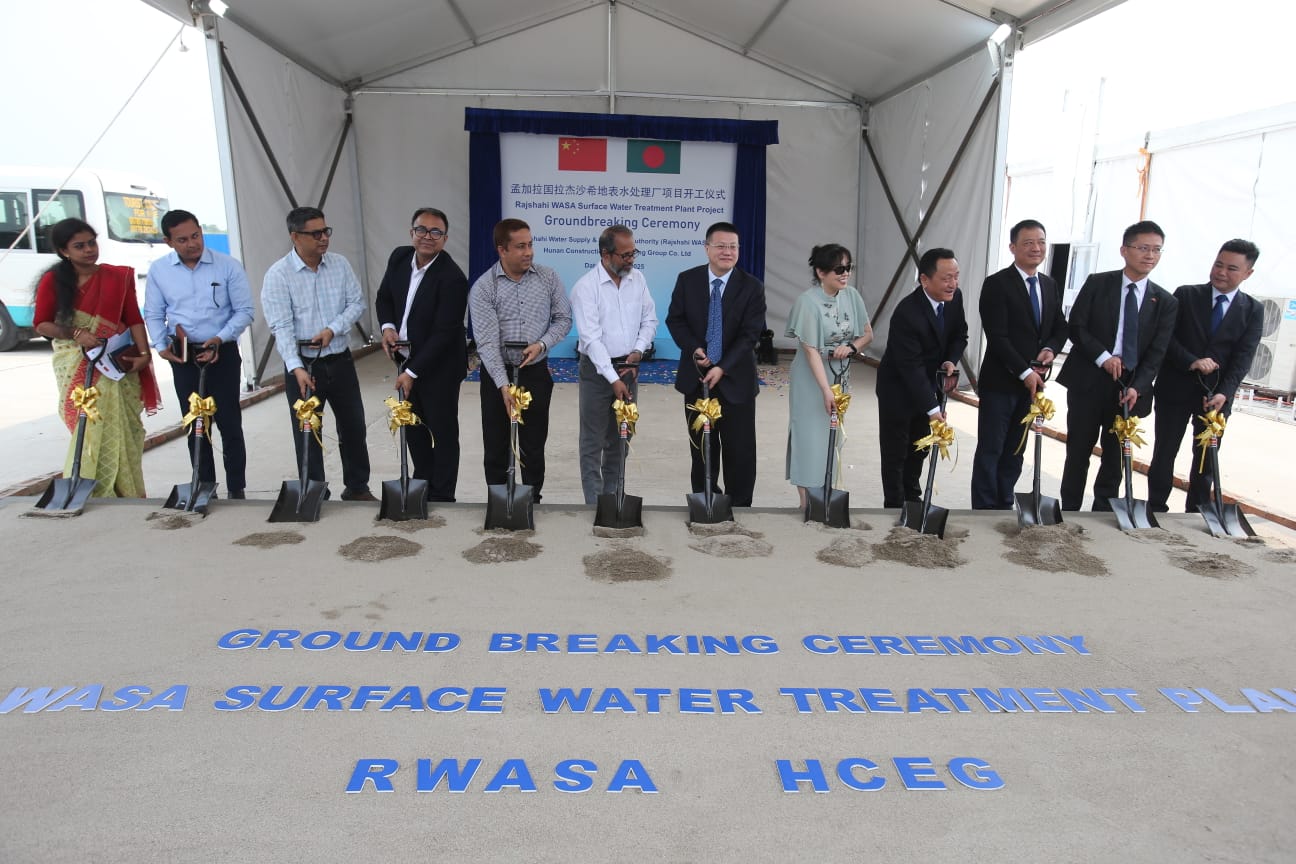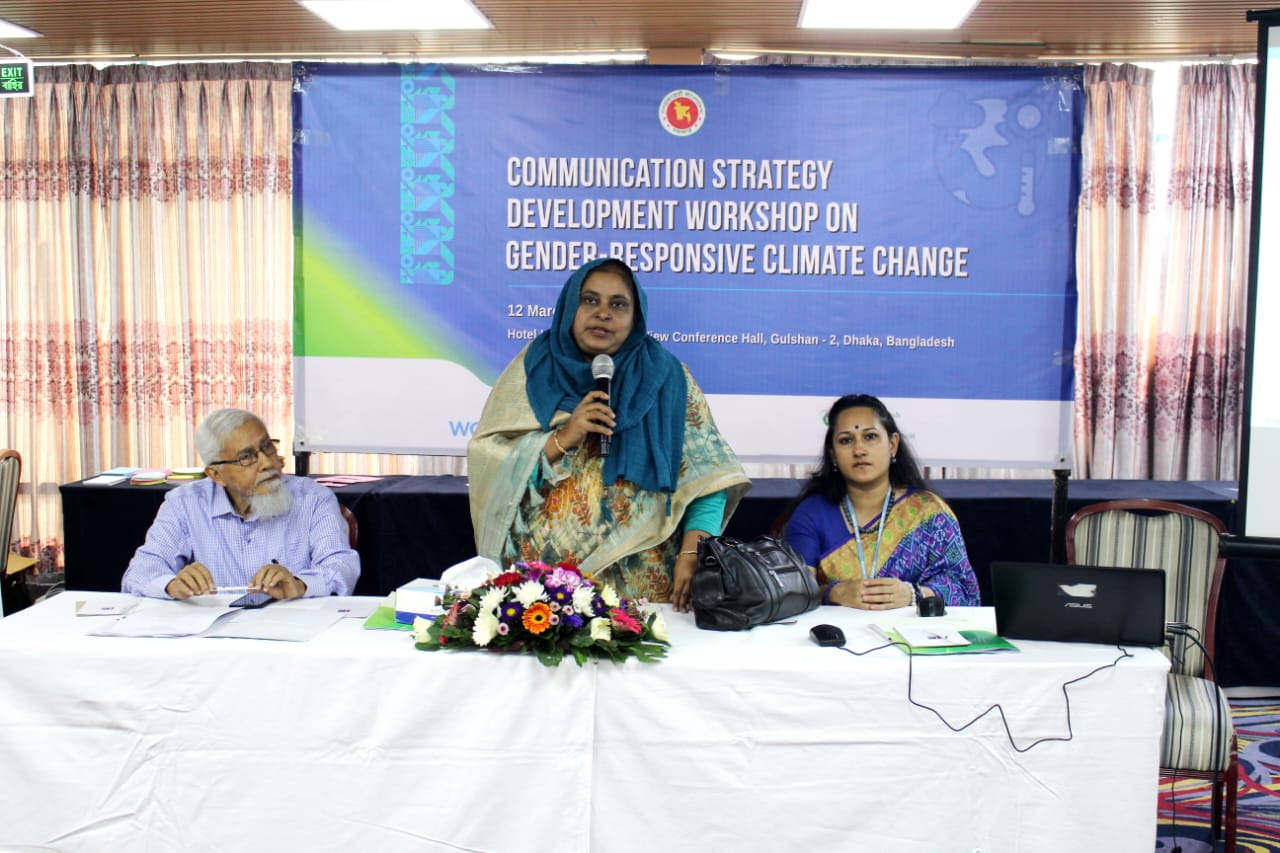
Speakers at a workshop underscored the need for ensuring effective and meaningful participation of women and girls in all gender responsive climate actions through government, non-government, and donors’ coordination.
They were speaking at a workshop held in Dhaka on Wednesday to develop a comprehensive communication strategy to ensure meaningful, informed and effective participation of women and girls with diverse backgrounds in relevant decision-making processes through raising awareness on rights-based, gender responsive climate change among concerned stakeholders.
The Bangladesh Center for Communication Program (BCCP), as a partner organization of UN Women, conducted the workshop under a regional project titled “EmPower: Women for Climate-Resilient Societies” (Phase II).
This project aims to enhance the institutional capacities of key government ministries and departments to advance gender-responsive climate actions, in line with the Government of Bangladesh’s priorities on climate resilience, gender equality, and sustainable development. In line with this, the BCCP conducted a Communication Strategy Development Workshop under the second phase of the project.
A total of 19 participants attended the workshop who comprised of joint secretary, deputy secretary, senior assistance secretary from the concern ministries, representatives from national and international non-government organisation, donors , Bangladesh Climate Change Trust (BCCT), media personnel and beneficiaries from the selected districts of the Empower project.
Mahabuba Akter, joint secretary, Ministry of Women and Child Affairs inaugurated the workshop by the chief guest. Among others, Mohammad Shahjahan, Director and CEO, BCCP and Kazy Rabeya Ame, Programme Analyst- Gender and Climate Change, Un Women Bangladesh were present as guests.
Mohamad Shahjahan laid emphasis on the importance of communication in the development of a strategy. Kazy Rabeya Ame emphasised the effective implementation of existing plans and policy along with the capacity building of the district and upazila level officials of the concerned ministries. Through group work participants developed an outline of the communication strategy on gender responsive climate change. Based on the outline of communication strategy a draft communication strategy will developed and share with the concern stakeholders.



